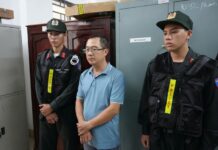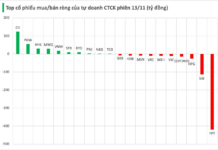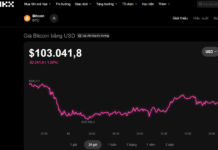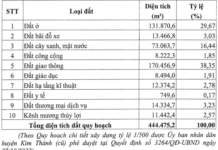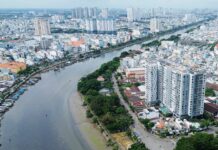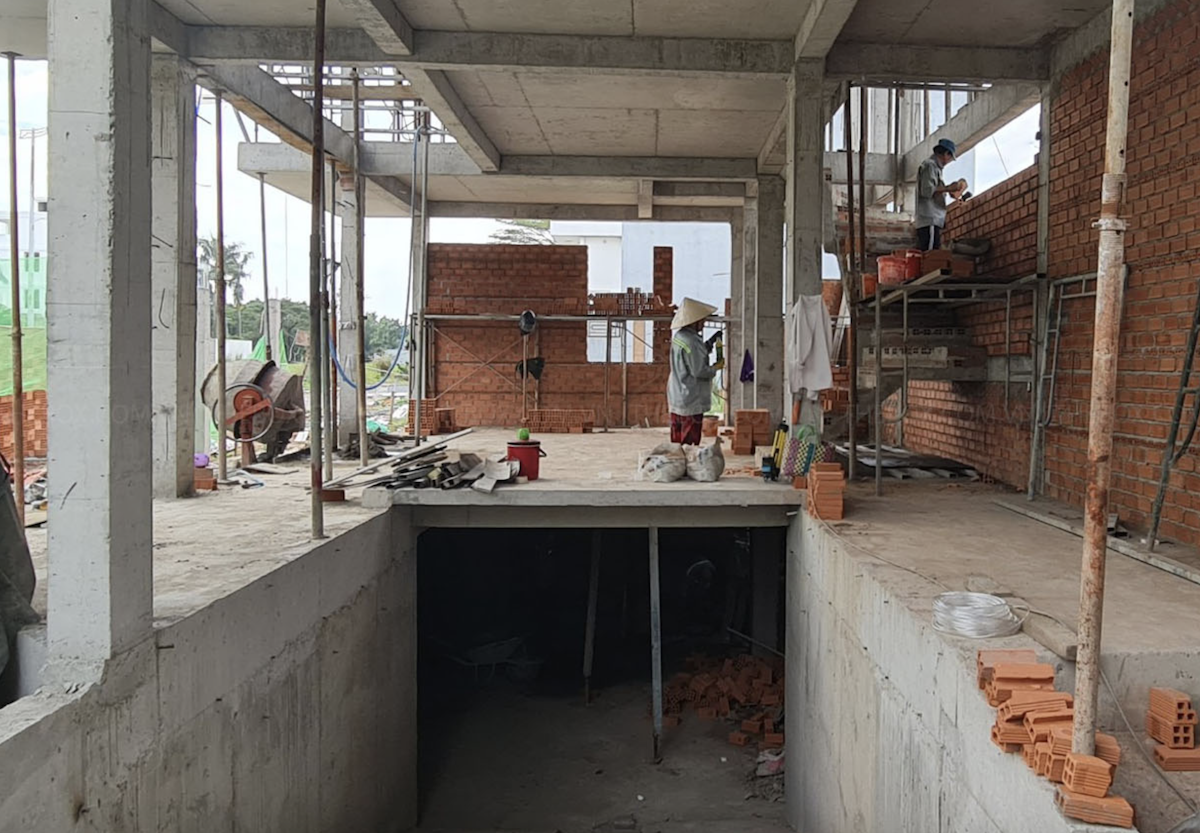House Prices Triple Gold’s Value
Speaking at the forum “Real Estate Market Development – A Double-Digit GDP Growth Catalyst” organized by Construction Newspaper on September 26, Dr. Le Xuan Nghia, former Vice Chairman of the National Financial Supervisory Commission, affirmed that real estate is the market with the largest capitalization in any economy. In Vietnam, with a GDP of approximately $500 billion, the real estate market capitalization is estimated at $1.5 trillion, which is three times the national GDP.
Real estate is also the sector with the fastest price growth. Between 2009 and 2019, house prices in Hanoi increased by an average of 12% annually, compared to a 4% annual increase in global gold prices. This rate reflects the market’s attractiveness and sensitivity.
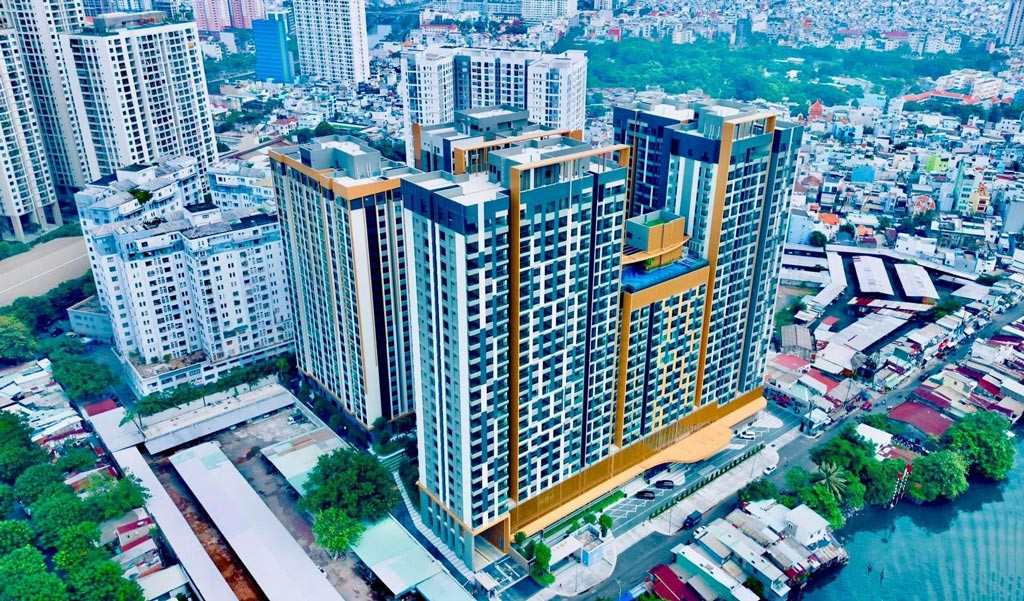
Currently, about 40% of real estate credit is allocated for investment, while 60% is for homebuyers.
Currently, bank credit remains the primary channel, accounting for approximately 25% of the total credit in the system. In the US, Europe, and China, this figure ranges from 25% to 29%. In Vietnam, about 40% of real estate credit is allocated for investment, while 60% is for homebuyers. However, relying solely on banks is risky and does not ensure sustainability.
Beyond credit, corporate bonds in the real estate sector account for about 20-30% of the total corporate bond market, yet they only meet 7% of the actual capital demand. Bonds are concentrated mainly among a few large companies, posing risks if transparency is lacking. Real estate stocks are a significant capital source for the market, especially for reputable large real estate companies.
According to Prof. Dr. Tran Dinh Thien, a member of the Prime Minister’s Advisory Group, the structure of the real estate market must be clearly defined to address bottlenecks. He highly appreciated the simultaneous groundbreaking and inauguration of approximately 250 projects and works with a total investment of over 1.28 million billion VND to celebrate the 80th anniversary of the August Revolution and National Day on September 2.
The figure of 1.28 million billion VND must be a mission to drive the real estate market’s development. Currently, there are still stalled projects due to unresolved legal procedures, which are bottlenecks of bottlenecks. When the real estate market remains volatile, addressing these bottlenecks is crucial for a breakthrough. Simultaneously, land-related issues must be resolved to tackle other problems.
“The market structure is distorted, shifting towards speculative and group-interest-driven management. Over time, many laws have been amended, making it challenging for the market to keep up. I believe all parties must thoroughly analyze the market to determine if the 2023 Real Estate Business Law is compatible with the market and review the amended Land Law. The new two-tier government model still faces challenges in resolving project bottlenecks,” said Mr. Thien.
Establishment of a Real Estate Trading Center
Ms. Tong Thi Hanh, Director of the Department of Housing and Real Estate Market Management under the Ministry of Construction, stated that the real estate market still faces bottlenecks. Therefore, the Department has been focusing on critical issues such as market development and effective regulation.
First, ensuring a legally compliant real estate supply is essential. This must stem from the legal framework of the construction sector, integrated with other laws on land, investment, finance, and more.
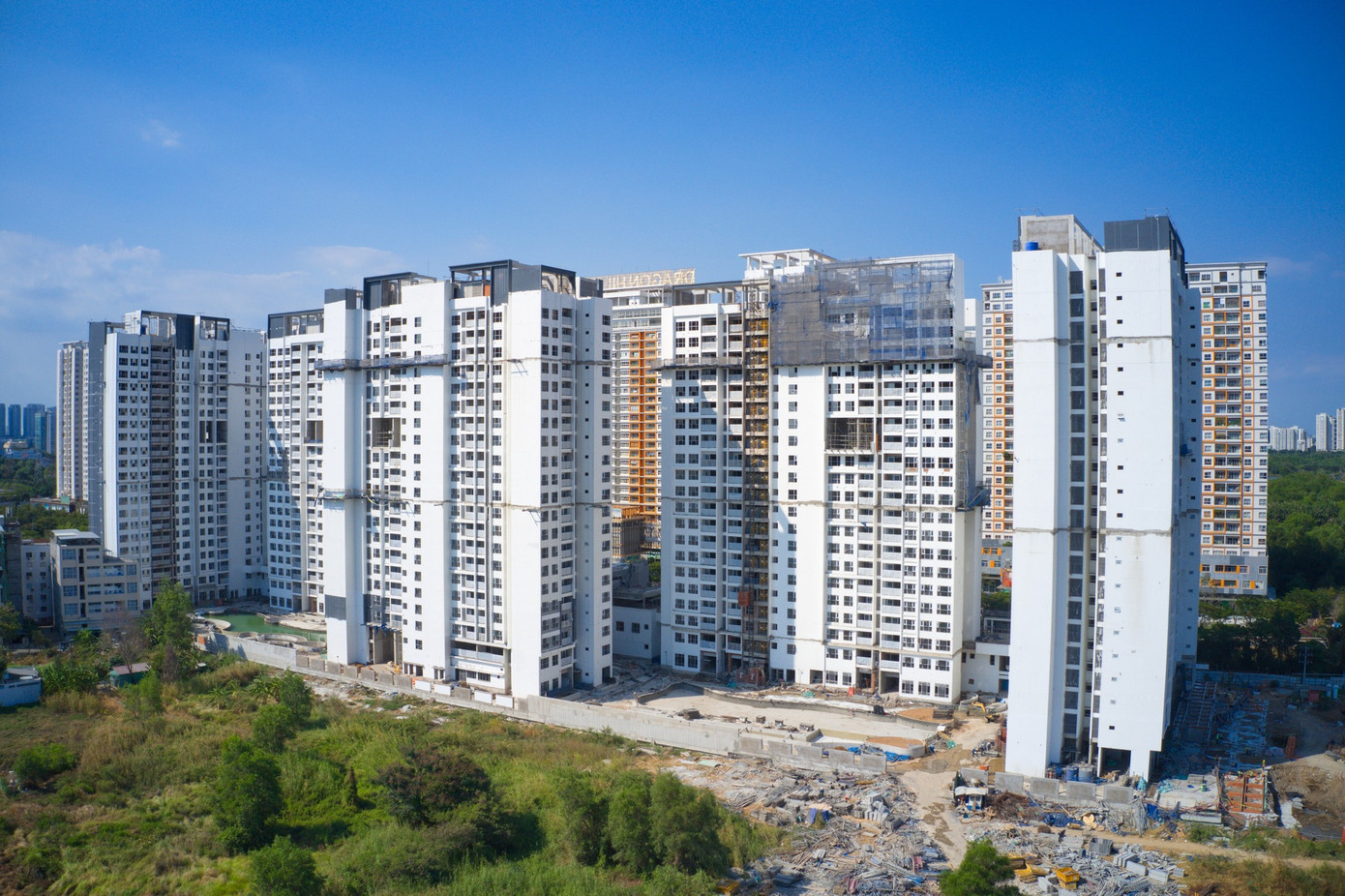
In 2026, the Ministry of Construction plans to develop amended versions of the Housing Law and Real Estate Law.
Over the past period, the Ministry of Construction has implemented several key tasks related to institutional improvement, particularly concerning social housing. This has helped ministries, sectors, and localities effectively implement these new regulations.
“Moving forward, I believe it is necessary to continue implementing measures to ensure a stable, healthy, and efficient real estate market,” said Ms. Hanh.
In 2026, the Ministry of Construction plans to develop amended versions of the Housing Law and Real Estate Law, focusing on real estate transaction conditions, real estate service business operations, and market control factors.
In the near future, the Ministry of Construction will also submit to the Government a Resolution on piloting the establishment of a state-managed real estate trading center. This center will oversee the legal management of supply and transaction prices in both primary and secondary markets. The Ministry will also outline a roadmap, including timelines and pilot subjects.
Another task is to research breakthrough and flexible mechanisms to attract resources and create a legal framework for the real estate market. This will help the market develop in a truly healthy and sustainable manner.
“I believe the key to unlocking the current real estate bottlenecks lies in institutional reform. We must identify and address specific issues. Once these are resolved, I am confident the real estate market will experience positive growth,” Ms. Hanh emphasized.
Vingroup Launches Construction of Tan Trao Industrial Park and Hai Phong LNG Thermal Power Plant
On September 26, 2025, Vingroup officially broke ground on the first phase of the Tan Trao Industrial Zone Infrastructure Development Project, alongside the Hai Phong LNG Thermal Power Plant—the largest in Vietnam and a global leader in capacity. This milestone underscores Vingroup’s pioneering role in advancing industrial infrastructure, seamlessly integrated with large-scale energy projects of international caliber.
Vietnam Sits on a Massive “Treasure Trove”: Potential to Earn $1.9 Billion Annually from the Global Market
Vietnam is truly a treasure trove of “golden forests and silver seas,” embodying sustainability in its purest form.










